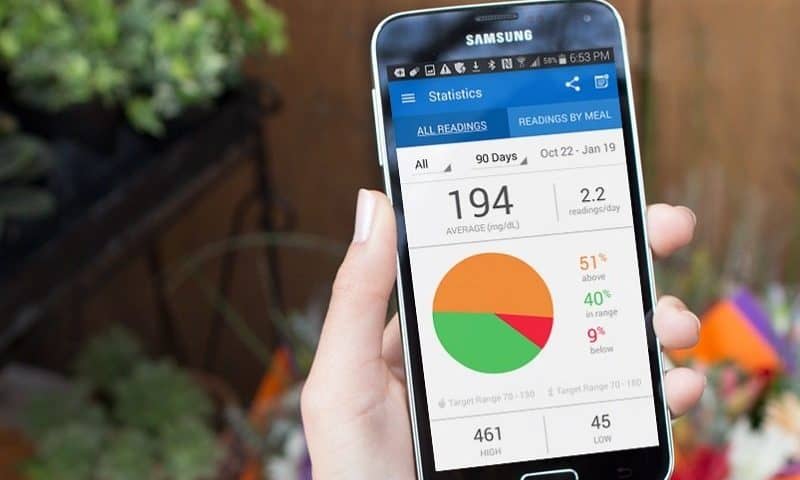Glooko works to make diabetes management easier by bringing together data from glucose monitors, insulin pumps, wearable activity trackers and more all in one app. Now, all those data will also be filtered through Xbird’s artificial-intelligence-powered analytics tools following an acquisition deal for an undisclosed amount.
Xbird’s AI analyzes medical and behavioral data collected by sensor-equipped wearables and mobile devices. Its findings then help generate suggestions for changes in behavior and lifestyle—known as “just-in-time adaptive interventions,” or JITAIs—with the goal of improving health outcomes.
Adding the Berlin-based Xbird’s machine learning software will help the Glooko platform better predict patients’ behavior and improve how they manage their diabetes by offering hyperpersonalized recommendations, the buyer said in a statement.
“Among the many JITAI companies in the digital health landscape, Xbird clearly has a superior solution and has built successful partnerships throughout diabetes device manufacturers and clinical institutions,” said Glooko CEO Russ Johannesson. “The combination of Glooko’s established global footprint and Xbird’s exciting JITAI capabilities will allow us to improve patient outcomes.”
Glooko stated that the entire Xbird team will stay on through the acquisition. The company’s CEO and co-founder, Sebastian Sujka, will be named managing director of the Glooko GmbH office in Berlin.
The acquisition is Glooko’s first since 2016, when it merged with Diasend after the duo had together raised $8 million in equity financing. That deal expanded the companies’ respective digital diabetes management platforms and combined them under the Glooko name, allowing the technology at the time to reach tens of millions of patients in 4,000 diabetes clinics around the globe.
Glooko’s Xbird buy also comes not long after the Palo Alto-based company bulked up its bank account with the close of its series D financing round last March. The funding brought in $30 million from a squadron of existing investors that included Novo Nordisk, Insulet and the Mayo Clinic.

